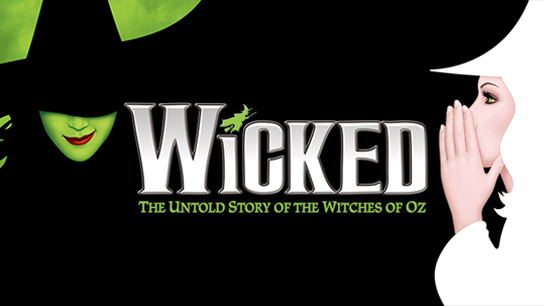
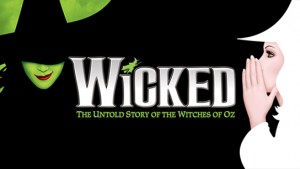 Highly Recommended ***** In 2006, I left Milwaukee for New York City, where I saw a production of “Wicked.” Last night, I arrived in Milwaukee to see a different, touring, production of the same show. Many people, myself included, have a preference for the first production of a play they’ve seen, translation of a novel they’ve read, etc. so that the first version is sometimes given an unfair sort of qualitative and aesthetic primacy. I arrived at the Marcus Center for the Performing Arts determined to thrust any such prejudice aside, particularly because my experience of the first production was on Broadway, and remains so vividly in my memory.
Highly Recommended ***** In 2006, I left Milwaukee for New York City, where I saw a production of “Wicked.” Last night, I arrived in Milwaukee to see a different, touring, production of the same show. Many people, myself included, have a preference for the first production of a play they’ve seen, translation of a novel they’ve read, etc. so that the first version is sometimes given an unfair sort of qualitative and aesthetic primacy. I arrived at the Marcus Center for the Performing Arts determined to thrust any such prejudice aside, particularly because my experience of the first production was on Broadway, and remains so vividly in my memory.
As it turns out, such mental preparation was totally unnecessary. From the moment the play began, I was dazzled by the sets (Eugene Lee), the orchestra (Skillfully conducted by (P. Jason Yarcho), the lighting design (Kenneth Posner), and the special effects (Chic Silber) all of which are unabashedly and delightfully theatrical in the tradition of recent Broadway Musicals. Incredibly, the fact that this is a touring production has done nothing to impede the massive scale of the technical work (Jake Bell) required for this show to be done well. But what impressed me most was that, despite the overwhelming amount and extremely high quality of the sets; lighting design; and special effects: fog, rain, Oz’s Mask, flying witches and monkeys, director Joe Mantello made sure that the actors, songs, and story remained front and center and was able to deliver them in a way that was tense, moving, lyrical, and dramatic.
As to the cast, each performer rose, without exception, to the occasion called for by this adaptation of Gregory Maguire’s innovative novel by Winnie Holzman with Stephen Schwartz’s music and lyrics. As a sort of prequel to “The Wizard of Oz”, it reveals a hitherto unknown friendship between the blonde Glinda the Good (Carrie St. Louis) and the green Elphaba (a dynamic Alyssa Fox), the Wicked Witch of the West, which began when they were unwelcomely thrust together as roommates at school. It shows the backstory in Oz that lead up to the book and film, including Glinda’s collusion in Elphaba’s fight against the Wizard, right up unto the very moment when the house fell on her sister, Nessarose (a dignified and sad Liana Hunt) as well as the origin of the Lion, Scarecrow (Fiyero: Jake Boyd), and Tin-Man (Boq: Lee Slobotkin)—Elphaba and Nessaroses’ respective romantic partners). Each character, with the notable exception of the learned and irredeemable Madame Morrible (an erudite Wendy Worthington still prone to deliciously delivered malapropos), was portrayed with a certain degree of sympathy so that even the tyrannical and statist Wizard of Oz (Stuart Zagnit) retained an element of tragedy even if that wasn’t the focus of Zagnit’s highly realistic and credible performance, a quality surprisingly appropriate to the play’s conclusion.
Every actor’s voice was strong, clear, and audible both in their spoken and sung parts which were delivered convincingly and with incredible passion, or whatever the line or song called for, sometimes over the loud, majestic score or the incredible special effects (i.e. drastic levitation), and through heavy but appropriate hair, wig, and make-up (Tom Watson and Joe Dulude II), elaborate costume design (Susan Hillferty), and a certain amount of well-choreographed (James Lynn Abbot and Corinne McFadden Herrera) and aesthetically-ordered background chaos. Although many characters, particularly Glinda, underwent large changes over the course of the play, the acting and singing remained superlative and consistently appropriate throughout the show. While Fox’s Elphaba had to switch from comic snark, to disappointment, to compassion, to drama, and to disenchantment often within the blink of an eye, she never faltered, and St. Louis’s slow evolution from a superficial blonde at the play’s outset to an inwardly grieving friend with a heartbreaking countenance at the play’s end was all the more affecting because the progression from her superficiality at the beginning was so seamless.
The play’s themes, a darker tone, and a much more tragic ending than I remember seeing in New York made the play’s seem even more relevant than they did a decade ago. The number concerning estrangement and consolation had me tearing up, but this is hardly the play’s only relative theme: it also presents the “pangs of despised love,” power, prejudice, the unimportance of appearance, and totalitarian terror.
Nearly everyone at some point in their in life (some more than others), and a high number of the main character’s in this play are afflicted by unrequited love. This may be an inevitable part of the human condition, but the prejudices and broken friendships which continue to weaken our own society are not, and they may have helped give rise to the geopolitical terror the world is now facing even as they do in this play. Each character really does suffer and suffer painfully, not only the intuitive suffering of loss and loneliness, but also pain that comes from suffering from, and also from holding, prejudice and the unchecked power which are threatening to tear our own society and the world apart, perhaps we can look to Oz for a lesson in “Wicked,” and see that underneath this great and stunning show there is also a serious message.
” Wicked” runs through November 15th, 2015. Performances are Tuesday through Thursday at 7:30 pm, Saturday’s at 2:00 pm and 8:00 pm, and Sundays at 1:00 pm and 6:30 pm. Tickets can be purchased in person at 929 N. Water Street, in Downtown Milwaukee where performances take place or by calling 414-273-7206, or Online at Ticketmaster.com, MarcusCenter.org. Groups of 15 or more should call Group Sales at 414-273-7121×210. Tickets range between $45 and $155.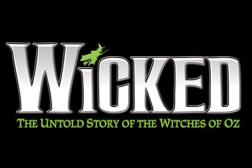



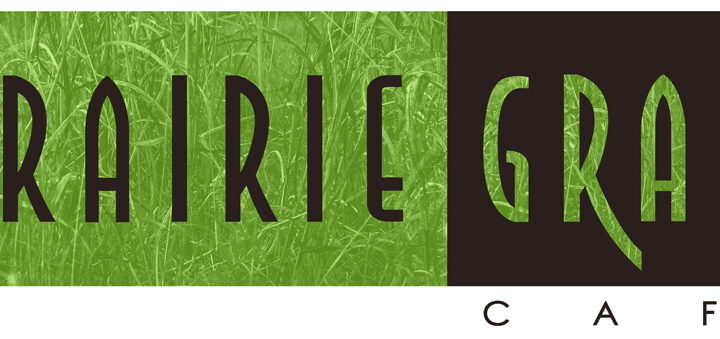

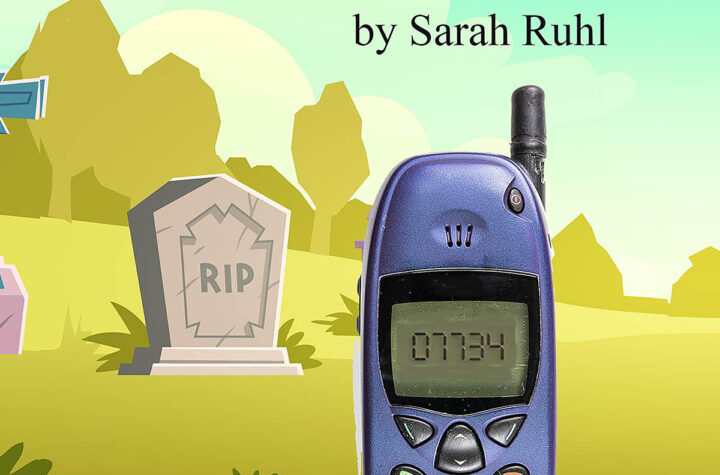
More Stories
“Dead Man’s Cell Phone”
“the distrikt of lake michigun”
“Mother Courage and Her Children” reviewed by Jacob Davis